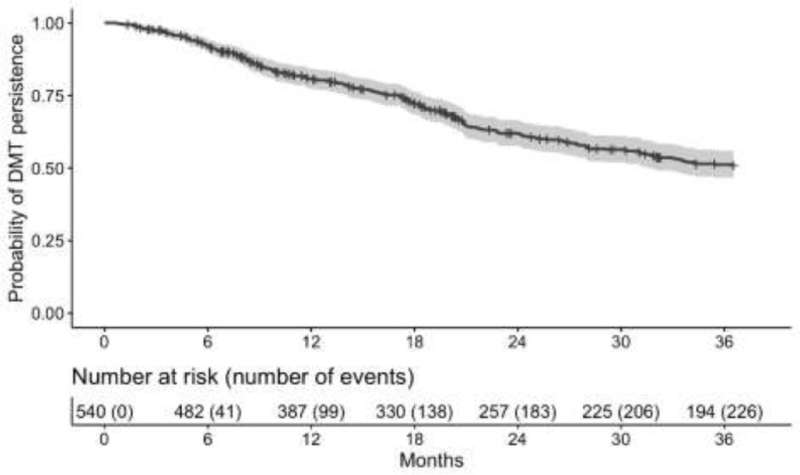Specialty pharmacists help reduce MS relapse risk

Relapsing multiple sclerosis (RMS) is the most common form of multiple sclerosis. Since there is no cure, patients are maintained on disease-modifying therapy (DMT) to help slow disease progression, reduce disease relapses, and limit new disease activity.
However, long-term persistence to DMTs is low, with many patients switching or discontinuing DMT treatment. Low DMT persistence increases the risk for relapse and relapse-related costs related to emergency department visits and inpatient admissions.
In a retrospective, cross-sectional study, reported in Multiple Sclerosis and Related Disorders, Miranda Kozlicki, PharmD, and colleagues discovered that over three years, only 36% of patients remained on index treatments. Some common reasons for discontinuing or switching DMTs were adverse events/side effects, insurance formulary changes, and lack of disease improvement.
The study found that specialty pharmacists, because of their direct, frequent contact with patients and providers, are in a unique position to identify the need for DMT discontinuation/switch, coordinate care during DMT transitions, and reduce the risk of relapse.
More information: Miranda Z. Kozlicki et al, A cross-sectional analysis of persistence to disease-modifying therapies in treatment naïve and experienced patients with relapsing multiple sclerosis at a health-system specialty pharmacy, Multiple Sclerosis and Related Disorders (2022). DOI: 10.1016/j.msard.2022.103860



















